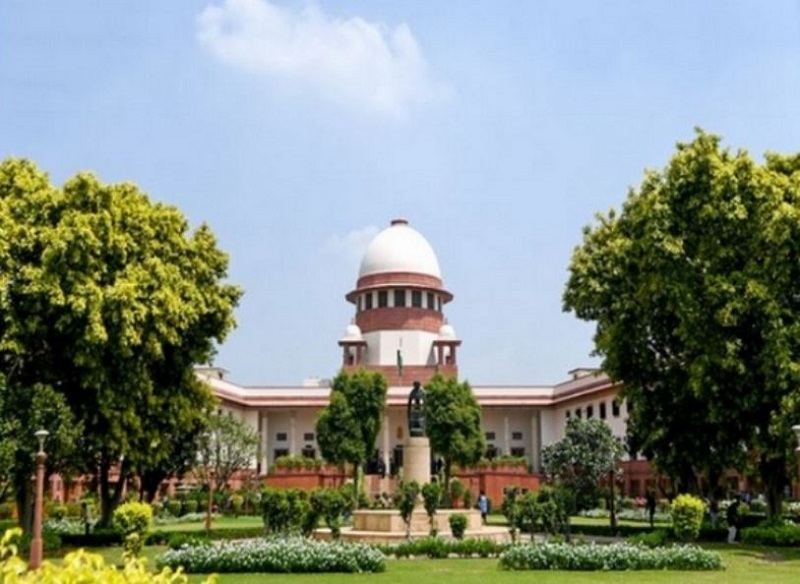 English
English

Can we put chips on the parliamentarians to digitally monitor them round the clock? The SC commented on Friday and rejected the petition seeking electronic tracking of the MPs in the country, with a warning to the petitioner not to move such a petition again. Read further on Dynamite News:

New Delhi: Can we put chips on the parliamentarians to digitally monitor them round the clock? The Supreme Court commented on Friday and rejected the petition seeking electronic tracking of the MPs in the country, with a warning to the petitioner not to move such a petition again.
"We cannot put chips on people. What is this petition? How can we digitally monitor the MPs in the country? There is something called the right to privacy," the court remarked as it dismissed the PIL filed by Surinder Nath Kundra.
The top court also raised questions on a petition seeking electronic tracking of the Member of Parliament of the country and rejected it with a warning to the petitioner not to move such a petition again.
A bench led by Chief Justice of India, DY Chandrachud, was shocked to see the prayer of public interest litigation and expressed its inability to entertain the PIL.
The CJI also warned Kundra that the court would be imposing costs for such a petition but later he dismissed the petition without slapping any costs.
The court said, "We may impose costs because this is public time and the nation pays for this." The petitioner replied that he is also a member of the public.
When the court started the hearing, it remarked that the petitioner may ask to deposit costs of Rs 5 lakhs if the petition is dismissed and said, "This is public time."
The petitioner insisted on convincing the court and argued that all these parliamentarians and legislators were elected under the Representation of People Act but later started behaving like rulers. "They are public servants," he asserted.
He also argued that the monitoring of MPs should be accessible to citizens on the phone.
The court was not convinced by the arguments made by the petitioner and said that the lawmakers have personal family time as well.
The court also remarked to the petitioner that he may have a grievance against a particular MP but he cannot make charges against all the MPs.
The court also said that all laws are passed by parliament after elected MPs participate and as individual citizens, the public cannot arrogate the law.
The court also commented that one day people will say that they don't need judges and start deciding punishment for theft on the streets only. (ANI)
No related posts found.